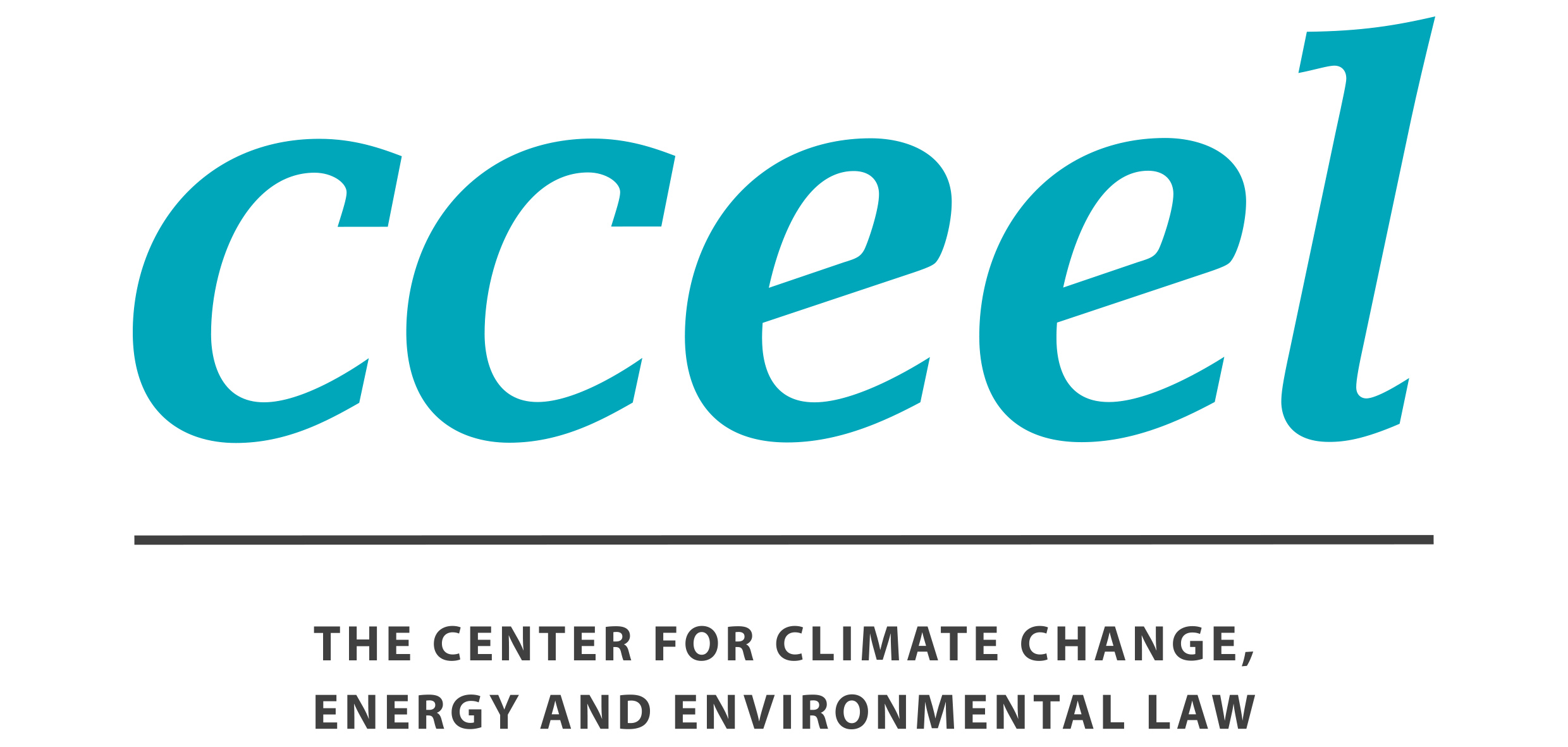Could the law of the sea be used to protect small island states from climate change?
By Ellycia Harrould-Kolieb, Lecturer and Research Fellow in Ocean Governance, University of Melbourne and Postdoctoral Researcher, UEF Law School, University of Eastern Finland and Margaret Young, Professor, The University of Melbourne. First published in The Conversation on July 24 2023. Climate change will wreak havoc on small island developing states in the Pacific and elsewhere. […]
The impact-based regulatory strategy in environmental law: Hallmark of effectiveness or pitfall for legitimacy?
By Niko Soininen, Professor of Environmental Law and Water Law, Seita Romppanen, Docent, Senior Lecturer on International Environmental Law and Senior Research Scientist at Finnish Environment Institute (SYKE), Mika Nieminen, Principal Scientist at Natural Resources Institute Finland (LUKE) and Sampo Soimakallio, Head of Unit at Finnish Environment Institute (SYKE) Environmental law was created to protect […]

The EU needs to constitutionalise climate policy to stabilise the climate transition
By Kati Kulovesi, Professor of International Law and Sebastian Oberthür, Professor of Environmental Policy and Law. First published in the GreenDeal-NET blog on 19 June. While the European Commission has launched public consultations on the EU’s intermediary climate target for 2040, mounting calls for a pause in implementing the European Green Deal risk derailing progress. […]
Finland’s first climate judgment: Putting the government on notice
By Kati Kulovesi, Maiju Mähönen, Milka Sormunen, Annalisa Savaresi, Vilja Johansson and Martin Björklund. First published in the 2035Legitimacy blog on 12 June. The Supreme Administrative Court of Finland gave its decision in the first Finnish climate case on 7 June 2023 (KHO:2023:62). After a 3-2 vote, it found the appeal launched by Greenpeace Nordic […]

Reconciling trade measures with development and sustainability concerns: The case of process and production methods
By Kateryna Holzer, Senior Researcher This blog draws on the author’s entry in the upcoming second edition of Elgar Encyclopedia of International Economic Law Trade measures taken to address air pollution, climate change, animal welfare, child labor and other non-trade-related public policy concerns are often set in relation to process and production methods (PPMs), i.e. […]

New avenues for corporate climate accountability
By Mikko Rajavuori, Assistant Professor of Law at the University of Turku, Annalisa Savaresi, Associate Professor of International Environmental Law at the University of Eastern Finland, and Harro van Asselt, Professor of Climate Law and Policy at the University of Eastern Finland. First published in the Oxford Business Law Blog (OBLB) on 2 May 2023. […]

The Intergovernmental Panel on Climate Change – fit for the next assessment cycle?
By Moritz Petersmann, PhD Candidate working on project: Fit for governing the triple planetary emergency? Towards enabling sustainability transformations at international science-policy interfaces The Intergovernmental Panel on Climate Change (IPCC) published the Synthesis Report and its Summary for Policymakers (SPM) for the sixth assessment cycle after a marathon week of deliberations during its 58th session, […]

EU legislation for clean air at crossroads
By Yulia Yamineva, Docent in Climate Law & Policy (Adjunct Professor) and Delphine Misonne, Professor, Université Saint-Louis – Bruxelles Air pollution has been a long-standing problem in the EU. While it has decreased over the past few decades, not least due to the EU clean air legislation and actions by national and local authorities, poor […]

The way forward for gender-responsive climate adaptation in International Climate Law
By Raihanatul Jannat, PhD Candidate. First published in the FMI’s Climate Bulletin: Research Letters on 21 February 2023 Due to existing multi-dimensional social injustices, some gender groups experience climate change more unduly than others. It is therefore necessary that international climate law is intersectional and gender-responsive. Currently, on one hand, legal provisions developed under the […]

Finland’s first climate lawsuit: Watching the forest sink
By Kati Kulovesi, Professor of International Law, Annalisa Savaresi, Associate Professor of International Environmental Law, Maiju Mähönen, Project Researcher and Otto Bruun, Junior Researcher In November 2022, Greenpeace and the Finnish Union for the Conservation of Nature filed Finland’s first climate case. The applicants claim that the Finnish Government has breached its obligations under Finland’s […]
